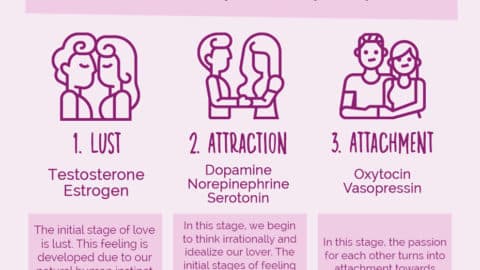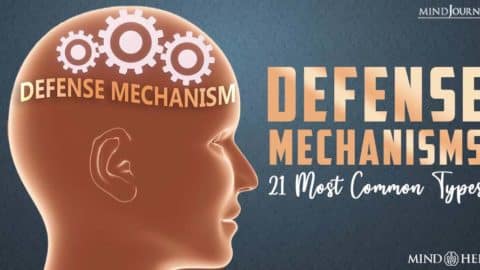Overthinking, often referred to as rumination, is a mental process that involves prolonged, repetitive, and often negative thinking about emotions, personal concerns, self, and life experiences.
While this cognitive phenomenon may seem harmless, it can have profound effects on one’s mental health, potentially contributing to or exacerbating conditions like anxiety and depression.
In this article, we will delve into the intricacies of rumination, explore the reasons behind overthinking, offer strategies to manage it, and discuss when it’s essential to seek professional help.
Overthinking is a pervasive mental pattern characterized by incessant, intrusive thoughts. These thoughts closely resemble worry and obsessions, often revolving around past events, future scenarios, or personal concerns.
Unlike problem-solving, which seeks solutions, overthinking tends to circle around the same issues without resolution.
Overthinking can have detrimental effects on mental well-being. It frequently leads to increased stress, anxiety, and even depression. Individuals caught in this cycle may find it challenging to break free from their persistent, often irrational, and distressing thoughts.
People overthink for various reasons. It can stem from unresolved issues, perfectionism, low self-esteem, or a desire for control. Traumatic experiences or major life changes can also trigger rumination. Recognizing the root causes of overthinking is the first step toward managing it.
Strategies to Manage Overthinking
- Mindfulness Meditation: Mindfulness techniques, such as meditation and deep breathing exercises, help individuals become more aware of their thoughts without judgment. This practice can reduce rumination and increase mental clarity.
- Set Time Limits: Allocate specific time each day to address concerns and thoughts. Once that time is up, consciously redirect your focus to other activities.
- Challenge Negative Thoughts: Identify and challenge irrational or unhelpful thoughts. Ask yourself if they are based on evidence and consider alternative perspectives.
- Engage in Physical Activity: Regular exercise can reduce anxiety and stress, helping to break the cycle of overthinking.
- Practice Gratitude: Focusing on positive aspects of life through gratitude journals or daily affirmations can counterbalance negative thinking patterns.
- Seek Social Support: Talking to friends, family, or a therapist about your thoughts and concerns can provide emotional relief and offer new perspectives.
- Distract Yourself: Engage in hobbies, interests, or activities that captivate your attention and temporarily divert your focus from overthinking.
- Professional Help: If overthinking becomes unmanageable or severely impacts your daily life, it may be necessary to seek the assistance of a mental health professional.
While self-help strategies can be effective, there are instances when professional intervention is crucial:
- Persistent Overthinking: If rumination persists despite efforts to manage it, it may be indicative of an underlying mental health condition.
- Impact on Daily Functioning: When overthinking interferes with daily activities, work, relationships, or overall quality of life, seeking professional help is advisable.
- Co-Occurring Conditions: Overthinking often accompanies other mental health conditions, such as generalized anxiety disorder or depression. Professional evaluation can help identify and address these underlying issues.
- Suicidal Ideation: If overthinking leads to thoughts of self-harm or suicide, immediate professional assistance is essential. Contact a crisis hotline or seek emergency care.
Overthinking, or rumination, can be a persistent and challenging pattern to break. However, with awareness, practice, and, when necessary, professional guidance, it is possible to regain control over one’s thoughts and emotions.
Understanding the root causes, implementing effective strategies, and knowing when to seek help are crucial steps in breaking free from the overthinking cycle and promoting mental well-being.





